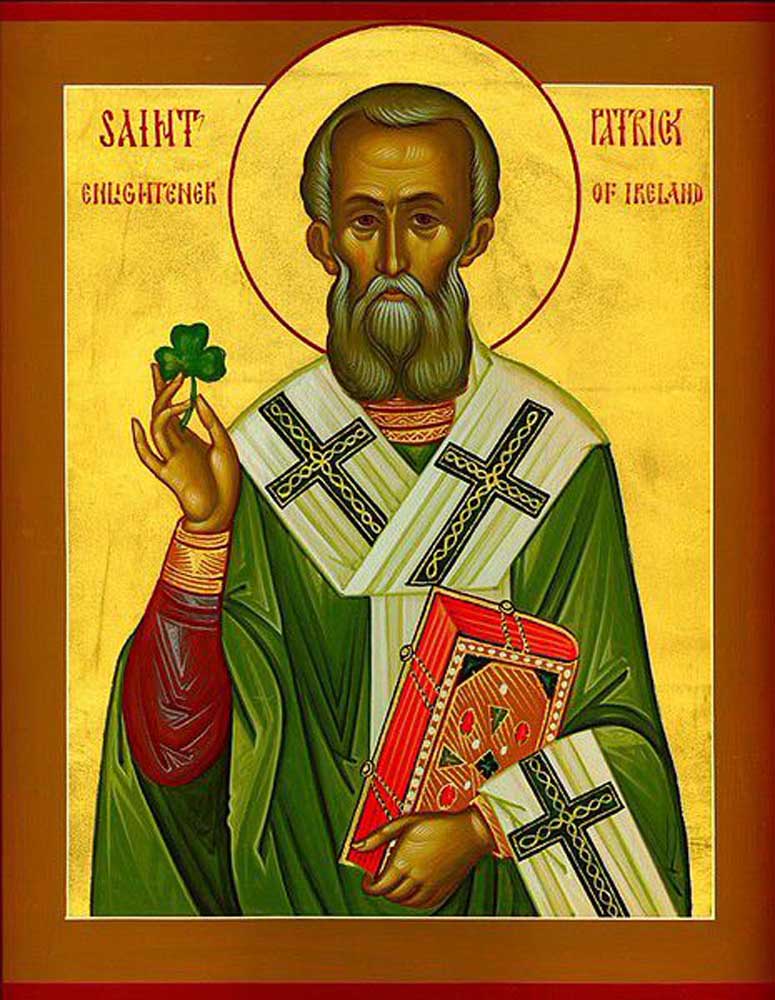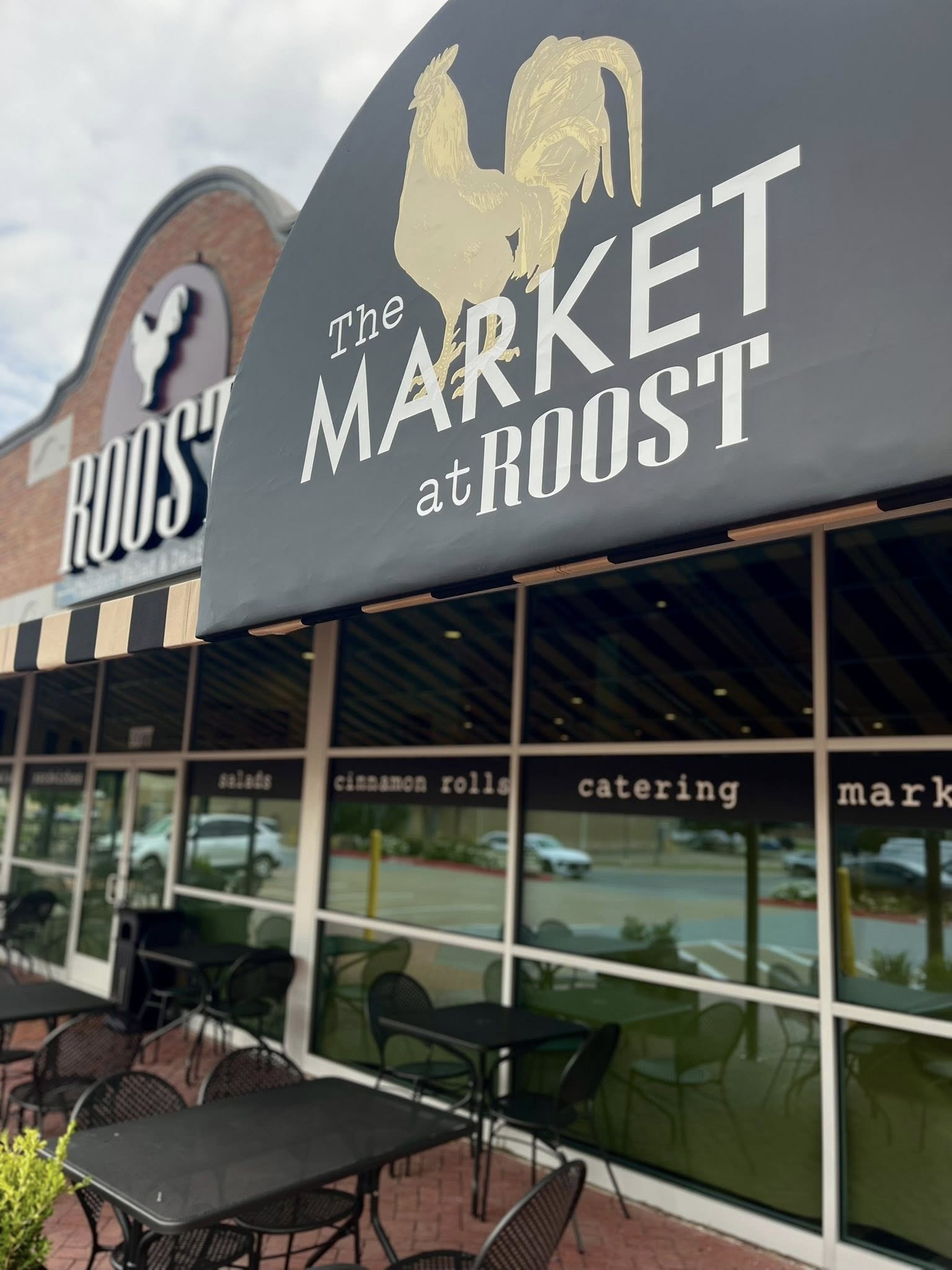Saint Patrick’s Day and our civilization
Published 7:52 pm Wednesday, March 16, 2016
It’s not about the green beer. St. Patrick’s Day should really be about the contribution made by Patrick – who was a Romanized Briton, really, and not Irish himself – that helped preserve the foundations of Western democracy.
Without Patrick, you see, there would have been no Irish monastics. And without the Irish scribes, hidden away in their lonely scriptoriums when all the world was dark, the legacy of Greece and Rome would have been lost.
Trending
Thomas Cahill explains this in his excellent 1995 book, “How the Irish Saved Civilization.”
“For, as the Roman Empire fell, as all through Europe matted, unwashed barbarians descended on the Roman cities, looting artifacts and burning books, the Irish, who were just learning to read and write, took up the great labor of copying all of Western literature – everything they could lay their hands on,” he wrote.
Patrick arrived in Ireland as a slave – captured by raiders on the British coast. He spent years there, toiling as a shepherd. When he escaped, he returned to Britain. But when he became a priest, God sent him back to Ireland with a mission.
But Patrick didn’t only bring the cross; he also brought the pen. In the centuries between Rome’s slow fall and the Renaissance, the clergy were often the only people who could read and write. And a uniquely Irish trait – they cherished all learning that came before, whether Christian or pagan – led them to preserve the manuscripts that would otherwise have been lost.
“These scribes then served as conduits through which the Greco-Roman and Judeo-Christian cultures were transmitted to the tribes of Europe, newly settled amid the rubble and ruined vineyards of the civilization they had overwhelmed,” Cahill wrote. “Without this service of the scribes, everything that happened subsequently would have been unthinkable. Without the mission of the Irish monks, who single-handedly re-founded European civilization throughout the continent in the bays and valleys of their exile, the world that came after them would have been an entirely different one – a world without books. And our own world would never have come to be.”
Let’s take a moment to consider what would have been lost. Despite what President Obama indicates with one of his favorite phrases, there is no “wrong side of history.” Democracy is an aberration, not the natural order of mankind. Freedom is so rare that it’s really just a blip – so far – on humanity’s timeline.
Trending
As author Daniel Hannan wrote, “Oligarchy and oppression, caste and status, slavery and serfdom: these have been the lot of our species in almost every age and nation.”
But something new emerged in Greece, and later took root in Rome. The Republic fell, but the ideas didn’t die. They arose again during the Enlightenment. John Locke’s concept of the social contract can be traced back to Plato. The idea that rulers only rule “with the consent of the governed” eventually became part of our Declaration of Independence.
This is what would have been lost, had it not been for St. Patrick. Surely that’s worth a toast.







